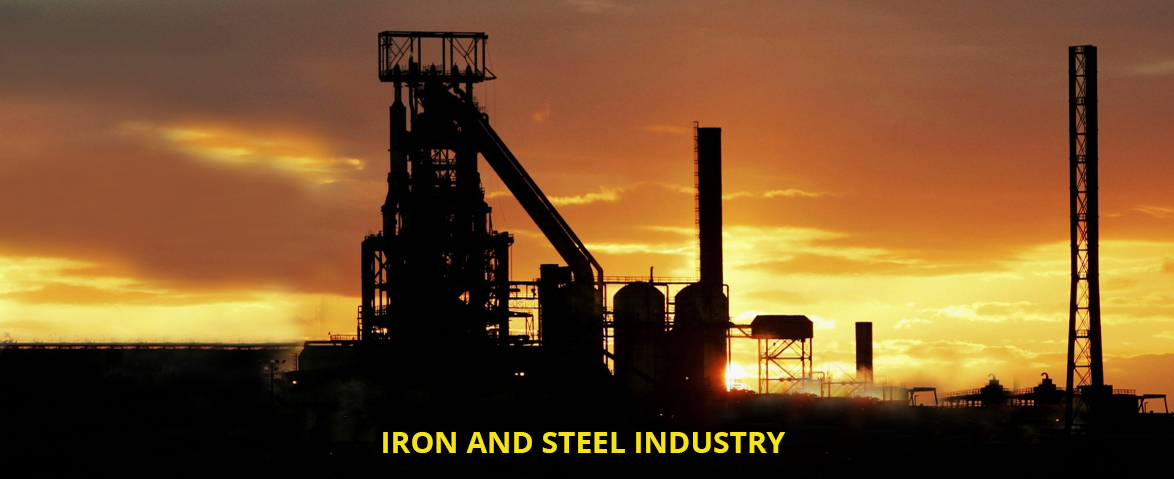Thermal power
Thermal power  Thermal power generation plant is the most conventional source of electrical power. In thermal power plants coal or gas is used as the main fuel to generate the steam using boiler. This high pressure and high temperature steam is passed through the steam turbine which is connected to an alternator. In boiler the chemical energy of the fuel like coal or gas is converted into heat energy. The heat energy in the form of steam is passed and expanded through turbines. The turbine blade profiles convert this thermal energy into mechanical energy. The turbine shaft which is coupled to a generator, which has a set of windings, converts the mechanical energy into electrical energy. The entire steam circuits between boiler and turbine works on a close loop system. Demineralised water is used to generate the steam which avoids the scaling and petting of boilers tubes and turbine blades. The steam expanded through the turbine is condensed in the condenser. The condense DM water is resent to the boiler for generation of steam. Vacuum pumps and high pressure feed water pumps are used for recirculation. A coal pulveriser is used to grind the coal to the required fineness and to pump into the burners of the boilers. A set of electrostatic precipitators are used to clean the gases before leaving into the atmosphere.
Thermal power generation plant is the most conventional source of electrical power. In thermal power plants coal or gas is used as the main fuel to generate the steam using boiler. This high pressure and high temperature steam is passed through the steam turbine which is connected to an alternator. In boiler the chemical energy of the fuel like coal or gas is converted into heat energy. The heat energy in the form of steam is passed and expanded through turbines. The turbine blade profiles convert this thermal energy into mechanical energy. The turbine shaft which is coupled to a generator, which has a set of windings, converts the mechanical energy into electrical energy. The entire steam circuits between boiler and turbine works on a close loop system. Demineralised water is used to generate the steam which avoids the scaling and petting of boilers tubes and turbine blades. The steam expanded through the turbine is condensed in the condenser. The condense DM water is resent to the boiler for generation of steam. Vacuum pumps and high pressure feed water pumps are used for recirculation. A coal pulveriser is used to grind the coal to the required fineness and to pump into the burners of the boilers. A set of electrostatic precipitators are used to clean the gases before leaving into the atmosphere.
.jpg) Major equipments for the process are
Major equipments for the process are
Solar power
Solar power  We are keen to promote the global Green Energy initiative for sustainable development. This will also reduce the carbon foot print and contribute enormously to greener planet. We are working actively with solar energy system providers to popularize domestic roof top photo voltaic installations, thereby providing consumers an economically viable & eco-friendly alternative to conventional power.
We are keen to promote the global Green Energy initiative for sustainable development. This will also reduce the carbon foot print and contribute enormously to greener planet. We are working actively with solar energy system providers to popularize domestic roof top photo voltaic installations, thereby providing consumers an economically viable & eco-friendly alternative to conventional power.
Solar energy is abundant and offers significant potential for growth in near-term (2020) and long-term (2050) targets. There are a wide variety of solar technologies of varying maturities that can, in most regions of the world, contribute to a suite of energy services. Even though solar energy generation still only represents a small fraction of total energy consumption, markets for solar technologies are growing rapidly. Much of the desirability of solar technology is its inherently smaller environmental burden and the opportunity it offers for positive social impacts.
The technical advances and supportive public policies continue to offer the potential for additional cost reduction and universal implementation of solar projects from small roof top systems to large solar farms.
Generation of electricity can be achieved in two ways. In the first, solar energy is converted directly into electricity in a device called a photovoltaic (PV) cell. In the second, solar thermal energy is used in a concentrating solar power (CSP) plant to produce high-temperature, which is then converted to electricity via a heat engine and generator. Both approaches are currently in use. Solar driven systems can deliver process heat and cooling, and other solar technologies are being developed that will deliver energy carriers such as hydrogen or hydrocarbon fuels—known as solar fuels.
Solar energy conversion consists of a large family of different technologies capable of meeting a variety of energy service needs. Solar technologies can deliver heat, cooling, natural lighting, electricity, and fuels for a host of applications.
Getin touch

Fe Techno Engineering and Power Solutions.
#20, Lakshmi, 3rd floor,Shankarmutt Road
Shankarapuram, Basavangudi, Bangalore – 560004.
Tel: +91-9611441967, 9341104574, 9379013917
Landline: 080 - 4096004
Email: info@fetechno.com
.png)




